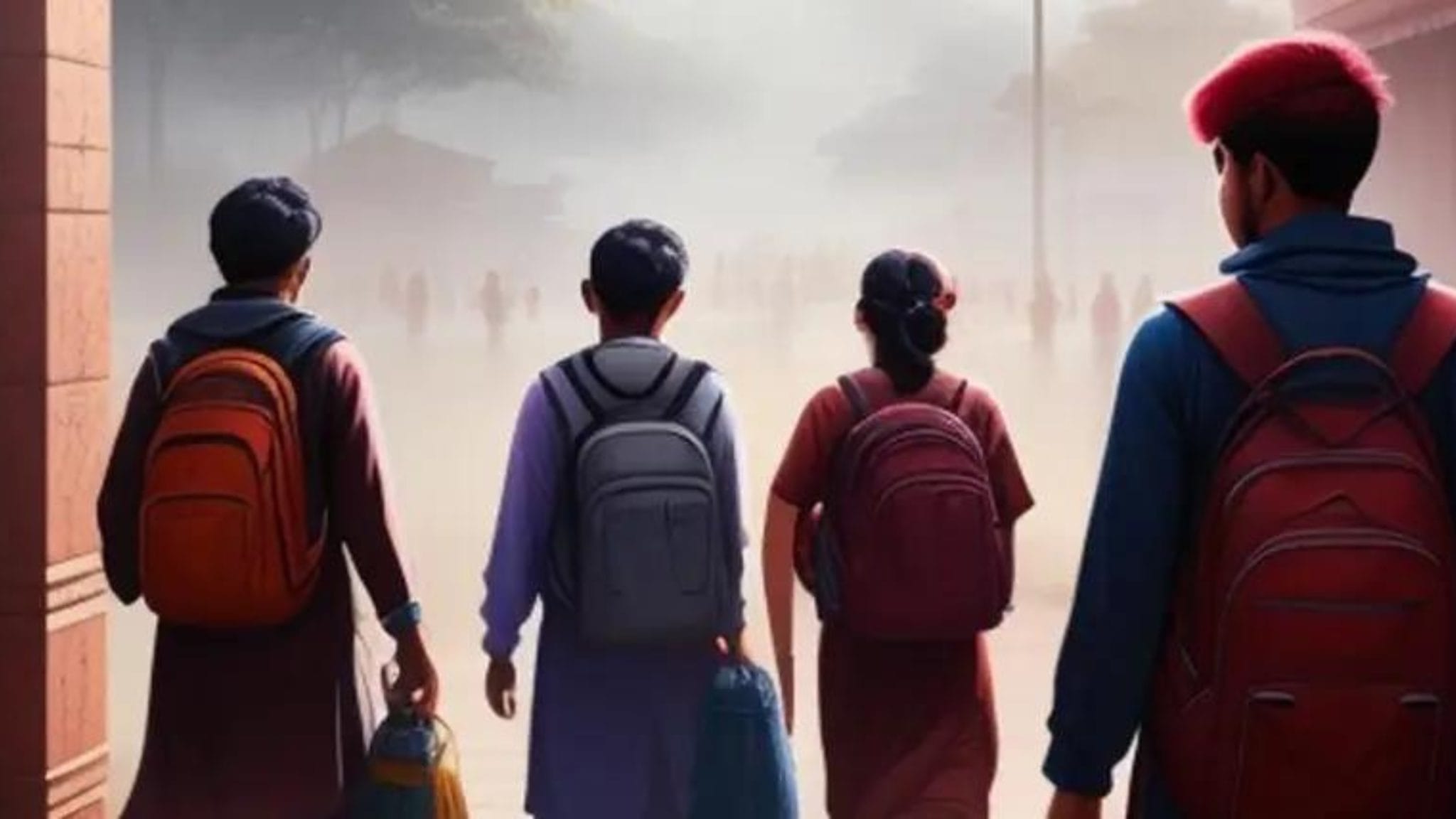Beyond Boundaries: Decoding Assam’s Brain Drain Dilemma and Crafting a Vision for Sustained Growth

Editorial by Advocate Irfan Khondker, Dhubri, January 15, 2024 – In the verdant landscapes of Assam, an emerging crisis silently unfolds—brain drain. This phenomenon, marked by the exodus of skilled and educated individuals in pursuit of better opportunities, casts a shadow on the prospects of this northeastern state. As thousands of students and professionals migrate annually, the causes, effects, and potential solutions to this issue demand thoughtful consideration.
The roots of brain drain in Assam delve deep into systemic challenges, steering the ambitious youth away from their native soil.
Assam grapples with a scarcity of reputable colleges and universities, forcing students to seek higher education outside the state. The allure of institutions in Delhi, Bangalore, Pune, and Hyderabad, offering specialized courses, leads to a massive outflow of talent, draining nearly a hundred crores rupees from Assam, as per educational department surveys.
The state’s low industrial and economic development constrains employment options, particularly in sectors dominated by rigid bureaucratic structures. The lack of innovation and diversity in tea, oil, and agriculture further prompts graduates and professionals to seek opportunities with better salaries, incentives, and prospects in other regions.
Assam’s history is marred by various forms of violence and unrest, creating a pervasive sense of insecurity. Ethnic conflicts, insurgency, floods, and bandhs contribute to a volatile environment, compelling the youth and their families to seek refuge in more stable and progressive surroundings.
Despite its rich culture and heritage, Assam often finds itself overshadowed by dominant cultures. Many students and professionals yearn for exposure to diverse cultures, lifestyles, and perspectives, which they perceive as essential in the globalized world.
The repercussions of brain drain reverberate through the fabric of Assam’s society, exacerbating existing challenges.
Brain drain robs Assam of its most valuable resource—the human capital. Talented individuals who could have been catalysts for development and innovation are lost, along with potential leaders, entrepreneurs, and change-makers who might have inspired others towards excellence and social transformation.
The migration of talent diminishes the state’s income and tax base, as earnings are spent elsewhere. Assam misses out on potential investments from migrants, depriving the economy of much-needed support. The loss extends to remittances and donations that could have bolstered families and communities back home.
Brain drain erodes Assam’s distinctive cultural expressions as migrants assimilate into new environments. The state loses its diverse cultural heritage, including language, literature, music, art, and cuisine. The erosion of social and cultural capital, encompassing values, norms, traditions, and networks, further weakens social cohesion and harmony.
While addressing brain drain is challenging, a concerted effort from all stakeholders could chart a course towards sustainable solutions.
Investments from the state government and the private sector in the educational sector are crucial. Establishing more quality educational institutions within the state and providing scholarships and incentives can encourage students to pursue higher education locally.
Collaboration between the state government and the private sector is essential to create more job opportunities and foster career growth. Diversifying the industrial and economic base, promoting entrepreneurship, and providing a conducive environment for startups can generate employment and wealth.
Joint efforts from the state government and civil society are needed to resolve and prevent violence and unrest. Ensuring safety, fostering stability, and delivering basic services are vital components of creating an environment conducive to retention.
A collaborative effort between the state government and civil society is crucial to preserving and promoting Assam’s identity and culture. Recognizing and celebrating the achievements of migrants can create a sense of belonging. Facilitating interaction and exchange between migrants and natives fosters a culture of learning and sharing.
In conclusion, the brain drain challenge in Assam is intricate but not insurmountable. A holistic approach involving the government, private sector, civil society, educational institutions, media, and the people is imperative. Leveraging the potential and network of migrants for the state’s development can turn this challenge into an opportunity. Assam possesses the talent and resources needed to overcome the brain drain challenge and realize its vision of becoming a prosperous and progressive state.




